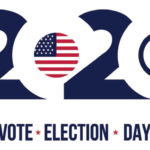
US will Overcome Coronavirus
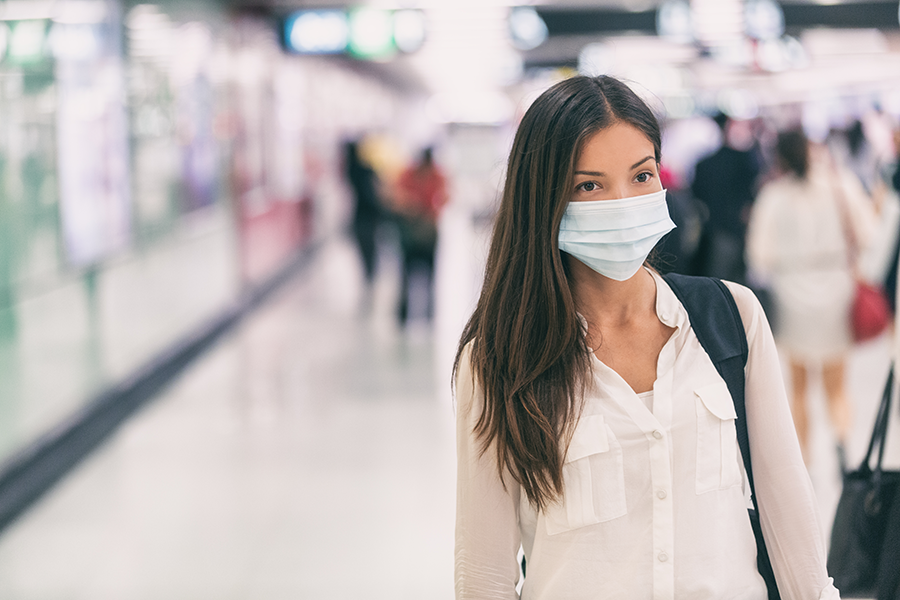
Reno Gazette Journal March 22, 2020
Coronavirus, whose medical term is COVID-19, originated in the Wuhan province of China in December. Since then, it has spread to over 100 countries around the world. Globally, we have close to 200,000 confirmed cases and nearly 8,000 deaths in over 150 countries and those numbers are rising. Over 80,000 patients have recovered from the virus as well.
How bad is it? It depends on how contagious and how deadly this virus turns out to be. The contagiousness of a disease is measured by reproduction number, R0 (R-zero). Simply stated, if R0 is one, each person who has the virus infects one other person. Consequently, if R0 is greater than 1, the virus will continue to spread. If R0 is less than one, the virus will peter out. The current estimates for R0 for COVID-19 varies depending on the region and is estimated to be around 2. While the R0 can depend on a handful of factors, social distancing is one of the factors that will bring R0 down.
Deadliness of a disease is referred to as the case fatality rate. A case fatality rate of 1 means that one out of every 100 people who contract the disease will die. Current global estimate for COVID-19 is around 0.7%. This number would be higher for older patients with underlying health conditions and lower for younger patients who are healthy. In comparison, Ebola had a fatality rate of 50%, meaning half of those who contracted Ebola died. Once caveat: that number was close to 71% in Africa while 8 out of 9 people in the US who contracted the disease survived. Just like with Ebola, where the fatality rate in the US was much lower than in Africa, I expect COVID-19 fatality rate in the US to be lower than the 0.7% we are seeing globally.
Should we be worried? I think we should take meaningful precautions. Elderly people must stay home to the extent possible. Younger people may not be at risk, but they can be carriers of the virus and put elderly lives at risk. To that extent, younger people should practice social distancing. What we need is prudent measures to protect ourselves and our community and not meaningless panic.
Beyond physical well-being, we should also be concerned with our financial well-being. A young, healthy person will most certainly survive a coronavirus infection. The same holds true for the economy: a growing, vibrant economy will withstand shocks much better than an anemic economy. Before we were hit by Coronavirus, the US economy was growing at a rapid pace. For 2019, the US was well ahead of all developed nations in North America and Europe. The US was also well ahead of those nations for forecasts of 2020 and 2021 (Source: OECD, Organization for Economic Cooperation and Development). This has placed us in a much better position to withstand this crisis than just about anyone else in the world. That said, with coronavirus bridging across the first two quarters of 2020, recession (defined as two or more consecutive quarters of negative economic growth) is a near certainty.
One final point: Our thanks go to the frontline healthcare workers who form the first line of defense against this virus. They serve us while putting their lives at risk and we owe them a debt of gratitude. Businesses have responded well to address this crisis as some have set up senior only hours for shopping. Pharmaceutical companies have collaborated to accelerate development of treatment and vaccines. FDA has accelerated the approval process for everything from test kits to clinical trials. While our leaders should plan for worst case scenarios, decisions should be based on data and not fear and panic. We have the best experts, the best technology and the best people in the world and I have no doubt we will conquer this challenge just like we have conquered many other challenges in history.






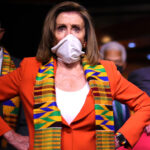
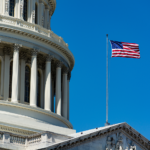

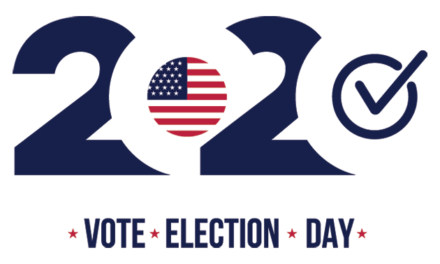




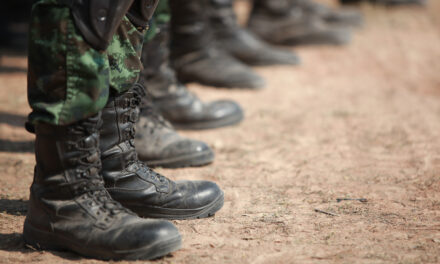
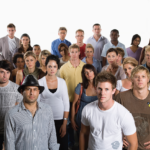
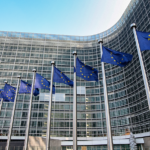
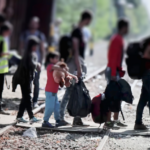

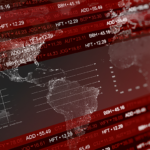


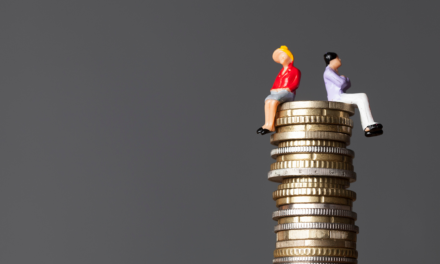

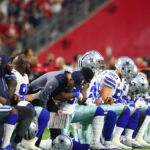



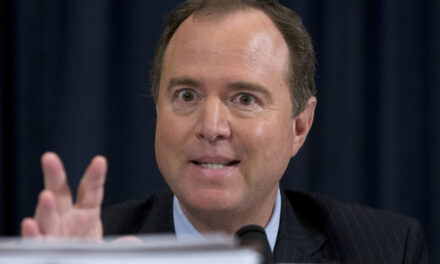
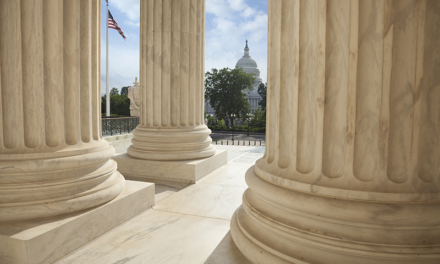

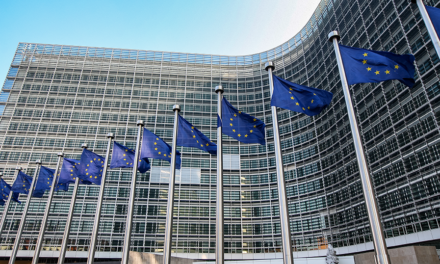
Recent Comments